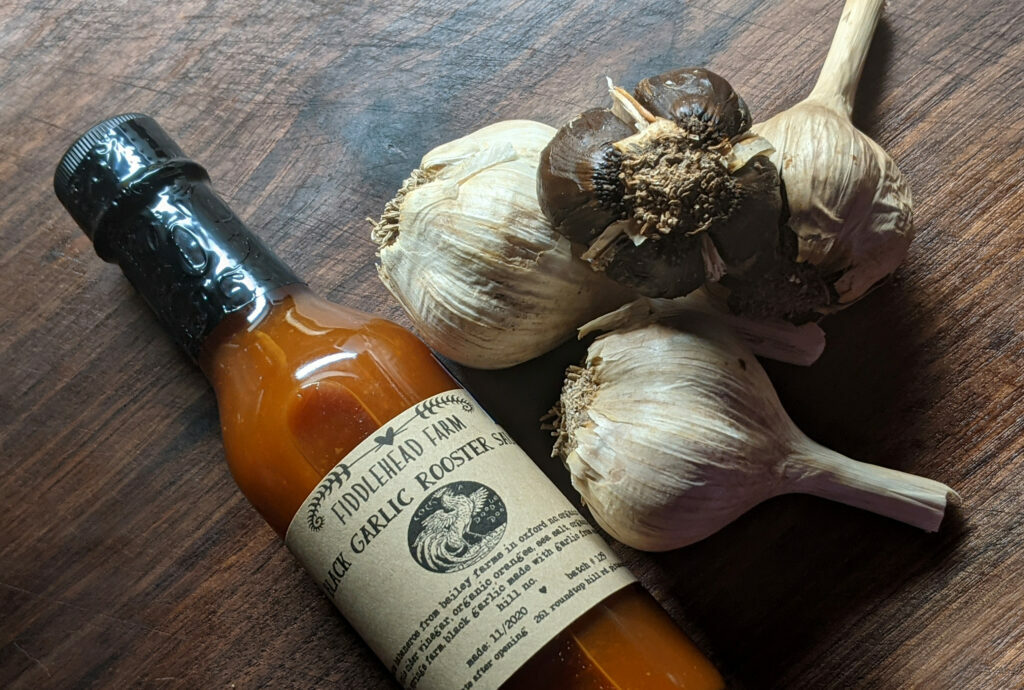Webinar on Sales Tax Exemptions on Farm Products & Inputs
go.ncsu.edu/readext?988466
en Español / em Português
El inglés es el idioma de control de esta página. En la medida en que haya algún conflicto entre la traducción al inglés y la traducción, el inglés prevalece.
Al hacer clic en el enlace de traducción se activa un servicio de traducción gratuito para convertir la página al español. Al igual que con cualquier traducción por Internet, la conversión no es sensible al contexto y puede que no traduzca el texto en su significado original. NC State Extension no garantiza la exactitud del texto traducido. Por favor, tenga en cuenta que algunas aplicaciones y/o servicios pueden no funcionar como se espera cuando se traducen.
Português
Inglês é o idioma de controle desta página. Na medida que haja algum conflito entre o texto original em Inglês e a tradução, o Inglês prevalece.
Ao clicar no link de tradução, um serviço gratuito de tradução será ativado para converter a página para o Português. Como em qualquer tradução pela internet, a conversão não é sensivel ao contexto e pode não ocorrer a tradução para o significado orginal. O serviço de Extensão da Carolina do Norte (NC State Extension) não garante a exatidão do texto traduzido. Por favor, observe que algumas funções ou serviços podem não funcionar como esperado após a tradução.
English
English is the controlling language of this page. To the extent there is any conflict between the English text and the translation, English controls.
Clicking on the translation link activates a free translation service to convert the page to Spanish. As with any Internet translation, the conversion is not context-sensitive and may not translate the text to its original meaning. NC State Extension does not guarantee the accuracy of the translated text. Please note that some applications and/or services may not function as expected when translated.
Collapse ▲
Award-winning black garlic rooster sauce from Chatham County’s Fiddlehead Farm is an example of a value-added product where a farmer would be required to collect and remit sales tax. Photo by Debbie Roos.
The North Carolina Cooperative Extension – Chatham County Center is conducting a Farm Tax Webinar on March 4 about sales tax exemptions for farmers as part of a series on farm tax issues.
Target audience: farmers (vegetables & fruits, cut flowers, livestock, hemp, row crops, etc.), nursery growers, beekeepers.
Sales Tax Exemptions on Farm Products & Inputs
Date: March 4, 2024
Time: 6:00-8:00 p.m. EST
Presenter: Andrew Branan, Associate Professor and Extension Legal Specialist, NC State University
Topics:
- Producers of farm products are generally exempt from collecting and remitting sales taxes on those items – but what about value-added items such as meat cuts, jams, pickles, baked goods, flower bouquets, etc.?
- To be exempt, what registration must I make? What records must I keep to prove any exemptions available to me? Where do I remit any sales taxes I’m obligated to collect?
- Producers may also qualify for an exemption from paying sales taxes on inputs they purchase – but how do you qualify (and stay qualified)? How do you sign up? Do beginner farmers qualify?
To find out the answers to these questions, join us for this FREE webinar on March 4. Pre-registration is required.
Registrants will receive the Zoom link two days prior to the webinar. The webinar will be recorded.
Questions? If you have questions about this webinar, contact Sustainable Agriculture Agent Debbie Roos at debbie_roos@ncsu.edu
Save the date for these upcoming webinars:
- August 21, 2024: Business Entity (Sole Proprietor, LLC, etc.) Webinar from 1-3:00 p.m.
- September 19, 2024: Depreciation Webinar from 6-8:00 p.m.
Registration for these webinars will open in early summer 2024. Contact debbie_roos@ncsu.edu to request to be put on her email list to receive announcements.
Speaker Bio:
Robert Andrew Branan, JD is an Associate Extension Professor with the Agriculture and Natural Resources (ARE) Department of the College of Agricultural and Life Sciences, North Carolina State University. Andrew is a legal educator/researcher in agriculture with 20+ years experience working across North Carolina and the Southeast, including private and non-profit law practice in agricultural land use, environmental and natural resource law. His focus on farm succession, agribusiness and taxation, farmland preservation, land use regulation, water and natural resource protection, and heir property issues has placed him in speaking and community resource roles across the North Carolina. His campus courses include Environmental Law and Economic Policy and Agriculture Law. Prior to joining ARE, Andrew’s solo law practice served farmers, landowners and food entrepreneurs across North Carolina and Virginia on matters of business planning and management and asset transfer. He has authored the workbooks Planning the Future of Your Farm and So You Have Inherited a Farm, the latter focusing on co-tenancy resolution. Andrew graduated from Hampden-Sydney College in Virginia with degrees in Economics and History and earned his juris doctorate from Wake Forest University Law School. He lives with his family in Chapel Hill, North Carolina.
Questions? If you have questions about this webinar series, contact Sustainable Agriculture Agent Debbie Roos at debbie_roos@ncsu.edu.
NC State University and N.C. A&T State University commit themselves to positive action to secure equal opportunity and prohibit discrimination and harassment regardless of age, color, disability, family and marital status, genetic information, national origin, political beliefs, race, religion, sexual identity (including pregnancy), and veteran status. NC State University, N.C. A&T State University, U.S. Department of Agriculture, and local governments cooperating. Persons with disabilities and persons with limited English proficiency may request accommodations to participate by contacting Ginger Cunningham, County Extension Director, at 919-542-8202, ginger_cunningham@ncsu.edu, or in person at the Chatham County office at least 30 days prior to the event.


